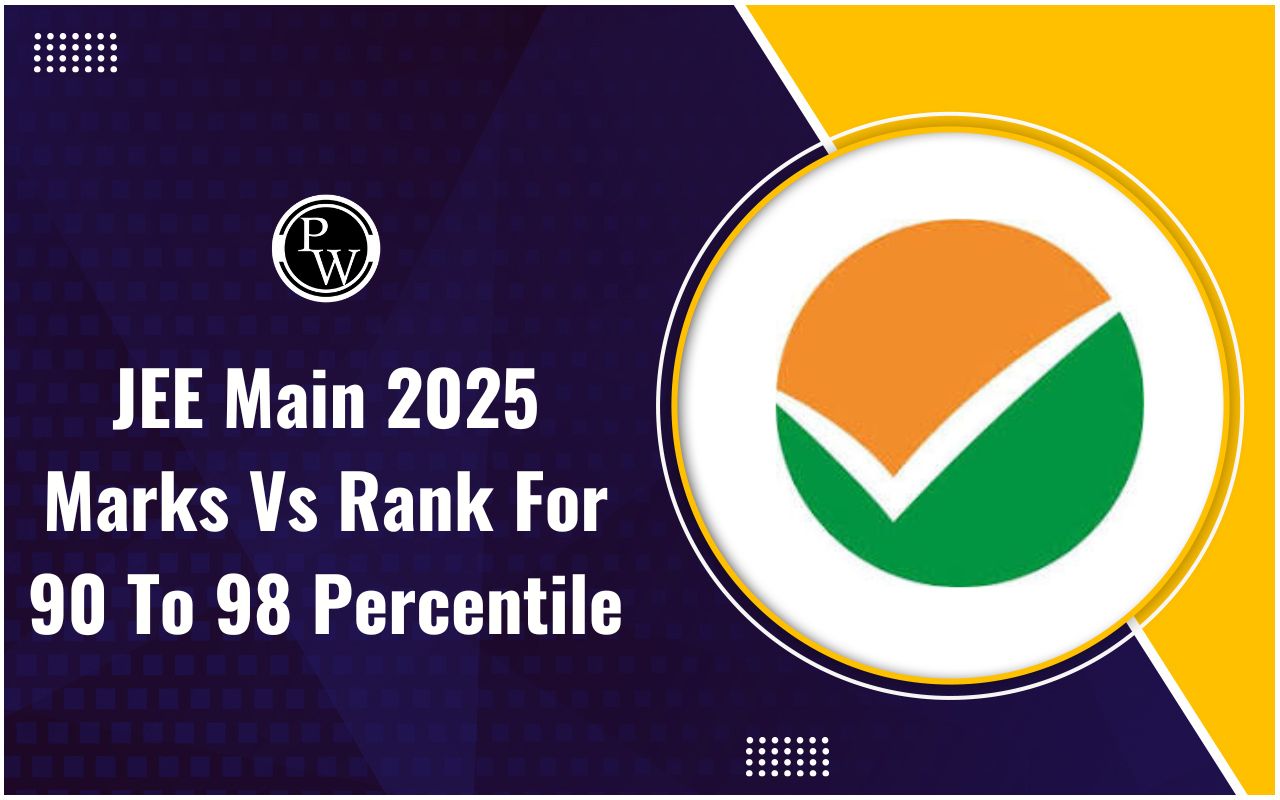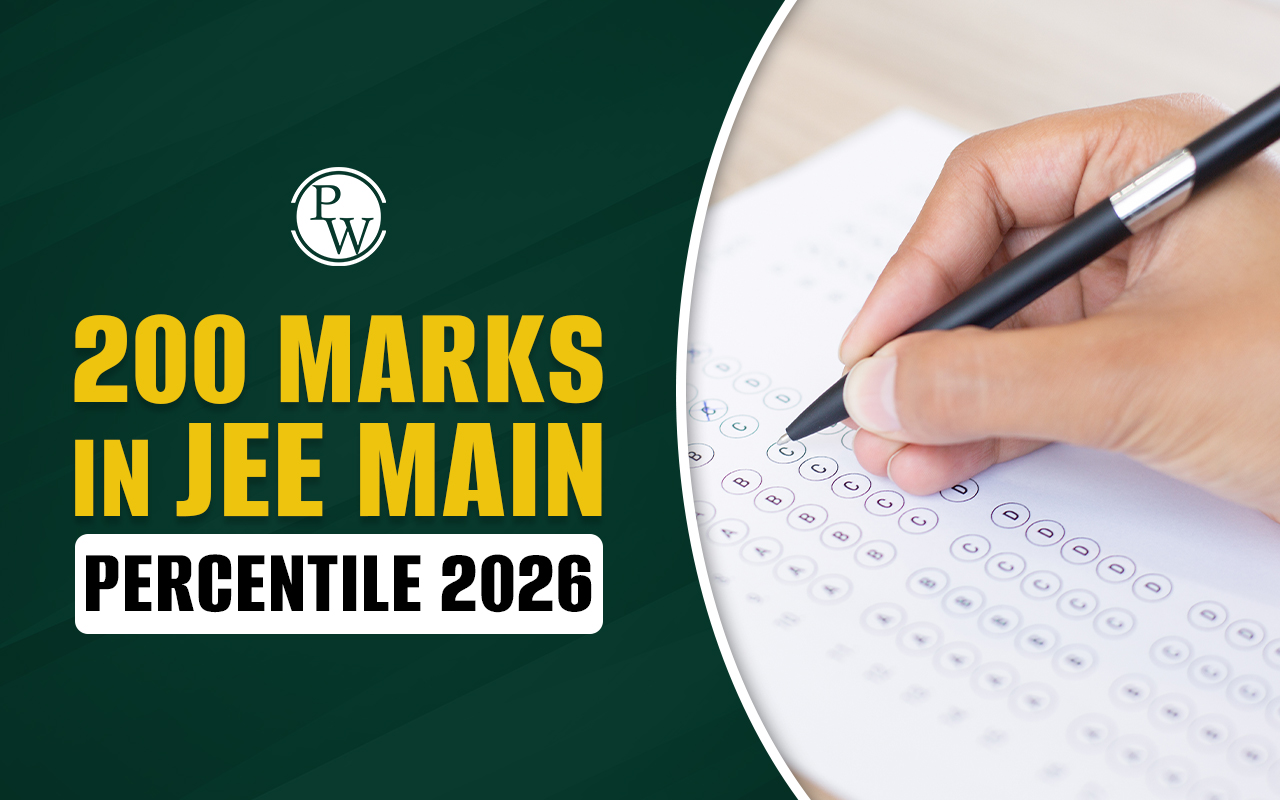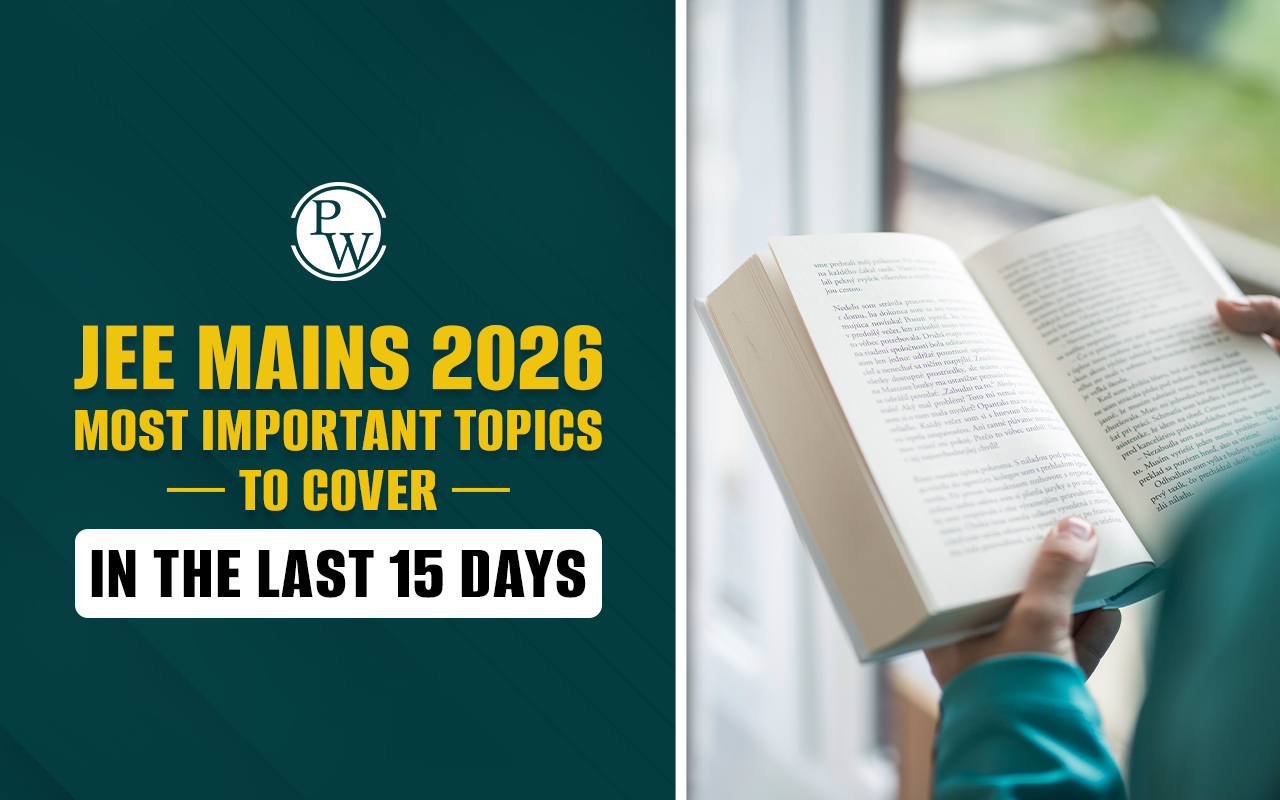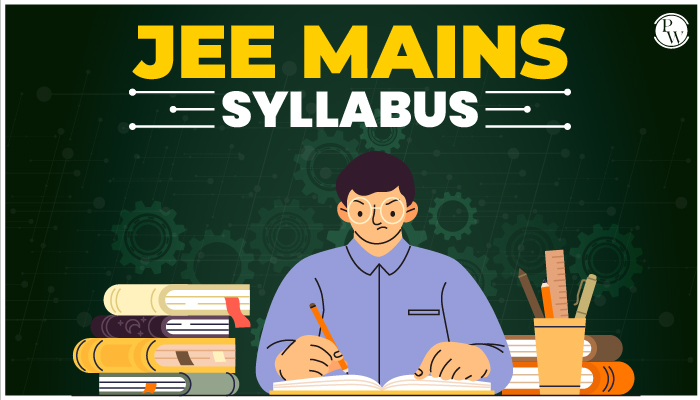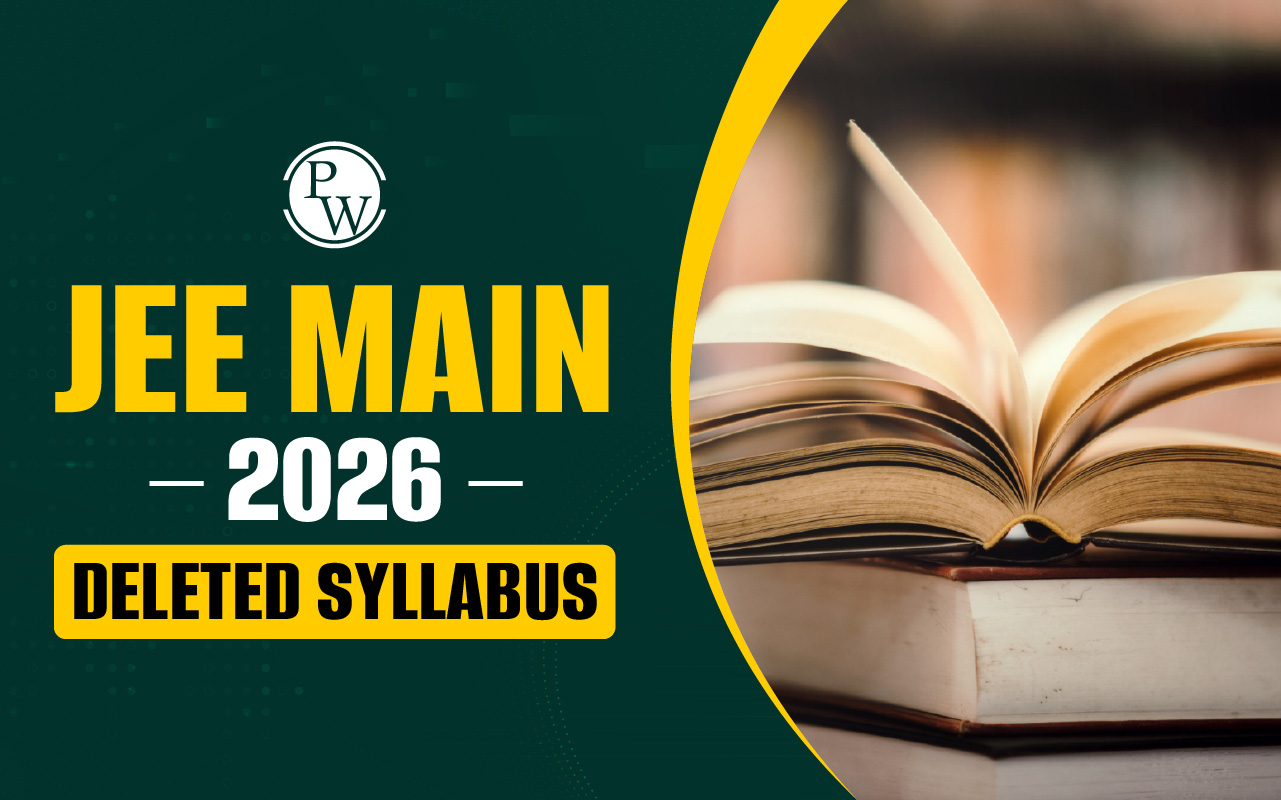
“The eligibility criteria for the AIEEE exam are discussed in the article below. Read the article completely to learn more about the AIEEE exam.”
AIEEE Eligibility Criteria 2024 : The AIEEE Exam is an entrance exam conducted for admission to undergraduate engineering colleges in India. The AIEEE started in the year 2002 for admission to NITs, government and private engineering colleges in India. The test was conducted by the Central Board of Secondary Education (CBSE). The exam later came to be known as the Joint Entrance Examination (JEE). The Ministry of Education took the decision to provide candidates with a common national-level entrance examination to get into IITs, NITs, government and private engineering colleges in India.AIEEE Eligibility Criteria 2024
The All India Engineering Entrance Examination (AIEEE) is a national-level entrance exam conducted for candidates who aspire to get admission to their dream colleges. However, candidates need to satisfy some important eligibility conditions to sit for the exam. Read below to learn the important eligibility requirements for the AIEEE Exam. The AIEEE Exam is now known as the JEE Exam. The Exam is now divided into two main stages. The first stage is JEE Main, which is the first round, and the second stage is JEE Advanced, which will help candidates get admission to their desired course at a top IIT college.Most Important Factors For AIEEE Eligibility Criteria
Candidates must be eligible for the AIEEE exam to secure admission to undergraduate college. Check below for some important eligibility criteria for the AIEEE Exam.- Candidates must have studied Physics, Math's and Chemistry (PCM) in the 10+2 exam.
- Candidates must have secured a 50% aggregate score in their 10+2 or equivalent exam.
- Candidates in SC/ST/OBC criteria require a score of 40% marks to sit for the AIEEE exam.
- Also, candidates must have completed their 10+2 exam from the National, state level board and National Defense Academy are eligible for the exam.
- Candidates who cleared their HSC vocational examination or Senior Secondary School examination by the National Open School can also apply for the exam.
- Candidates who have done 3-4 year diploma courses from a state board of technical education or AICTE are also eligible for the exam.
Age Limit For AIEEE Eligibilty Criteria
Candidates who are in the age group between 17 and 25 years are eligible for the AIEEE exam. Also, reserved category candidates (SC/ST/PH) receive a five-year relaxation for the AIEEE Exam.AIEEE Eligibilty Criteria : Nationality
All Indian nationalities can apply for the AIEEE Exam. Candidates who are citizens of India and candidates who come from foreign countries can also apply if they meet all the other eligibility criteria. Foreign nationals, such as NRIs and PIOs, must pass their class 10+2 with an aggregate of 60 percent marks. Indian Nationals who stay overseas for five-year courses, which include the complete senior secondary course. Candidates who want to apply must have been in the same country during the previous eight years.AIEEE Eligibilty Criteria For BTech
Candidates who want to apply for the BTech undergraduate course must have studied Mathematics, Physics, and chemistry as compulsory subjects in their 10+2. Along with these domain subjects, candidates must have Biotechnology, Computer Science, and Biology as optional in-class 10+2 level.AIEEE Eligibility Criteria For BArch
Candidates who want to apply for the BTech Arch must have studied mathematics carefully. Candidates must score a minimum of 50% marks at the 10+2 level to be eligible for the AIEEE Exam.AIEEE Exam Pattern For BTech
Candidates can check the exam pattern for BTech candidates in the given table.| AIEEE Exam Pattern (BTech) | |
| Type of Questions in Exam | Objective Type Questions |
| Total Questions in Examination | 225 questions |
| Distribution of Questions- (i) Physics (ii) Chemistry (ii) Mathematics | – 75 questions 75 questions 75 questions |
| Total Marks in Paper I | 675 Marks (225 marks per section) |
| Duration of Examination | 03 hours |
| Mode of Examination | Pen and Paper OR Computer-based Exam |
AIEEE Exam Pattern For BArch
Candidates can check the exam pattern for BArch students in the table given below.| AIEEE Exam Pattern (BArch) | |
| Questions in Examination | Objective Type Questions and Drawing Aptitude |
| Total Questions in Examination | 125 questions + Questions to test Drawing Aptitude |
| Mode of Examination | Pen and paper-based Examination |
| Total Marks in Paper II | 450 marks (03 marks per question) |
| Distribution of Questions: (i) Mathematics (ii) Aptitude Test (iii) Drawing Test | – 25 questions 50 questions Question to test Drawing Aptitude |
| Duration of Examination | 03 hours |
Is the AIEEE Exam Still Happening?
No, the AIEEE exam was discontinued in 2013 and came to be known as the JEE Exam. The JEE Main Exam and JEE Advanced Exam are part of the JEE Exam. The Ministry of Education India took this step to conduct a common entrance test for admission to IITs and other central and private colleges in India. The exam is conducted at different centres across the country.AIEEE Eligibility Criteria : FAQs
Q1. What are the minimum eligibility criteria for the AIEEE Exam?
Ans: Candidates must have cleared their 10+2 exam from a recognized college or university. Check out the article given above for more details.
Q2. Is AIEEE still taking place?
Ans: NO, the AIEEE exam was merged with JEE in 2013 to start a common entrance exam at the national level for admission into colleges.
Q3. What is the maximum age to be eligible for the AIEEE Exam?
Ans: If you want to apply for the AIEEE exam you must be 16 and 25 years old. Read the article to know more.
Q4. Are AIEEE and JEE the same exam?
Ans: Yes, AIEEE and JEE main exams are similar examinations for entry into top colleges.
🔥 Trending Blogs
Talk to a counsellorHave doubts? Our support team will be happy to assist you!

Check out these Related Articles
Free Learning Resources
PW Books
Notes (Class 10-12)
PW Study Materials
Notes (Class 6-9)
Ncert Solutions
Govt Exams
Class 6th to 12th Online Courses
Govt Job Exams Courses
UPSC Coaching
Defence Exam Coaching
Gate Exam Coaching
Other Exams
Know about Physics Wallah
Physics Wallah is an Indian edtech platform that provides accessible & comprehensive learning experiences to students from Class 6th to postgraduate level. We also provide extensive NCERT solutions, sample paper, NEET, JEE Mains, BITSAT previous year papers & more such resources to students. Physics Wallah also caters to over 3.5 million registered students and over 78 lakh+ Youtube subscribers with 4.8 rating on its app.
We Stand Out because
We provide students with intensive courses with India’s qualified & experienced faculties & mentors. PW strives to make the learning experience comprehensive and accessible for students of all sections of society. We believe in empowering every single student who couldn't dream of a good career in engineering and medical field earlier.
Our Key Focus Areas
Physics Wallah's main focus is to make the learning experience as economical as possible for all students. With our affordable courses like Lakshya, Udaan and Arjuna and many others, we have been able to provide a platform for lakhs of aspirants. From providing Chemistry, Maths, Physics formula to giving e-books of eminent authors like RD Sharma, RS Aggarwal and Lakhmir Singh, PW focuses on every single student's need for preparation.
What Makes Us Different
Physics Wallah strives to develop a comprehensive pedagogical structure for students, where they get a state-of-the-art learning experience with study material and resources. Apart from catering students preparing for JEE Mains and NEET, PW also provides study material for each state board like Uttar Pradesh, Bihar, and others
Copyright © 2025 Physicswallah Limited All rights reserved.
Get App
